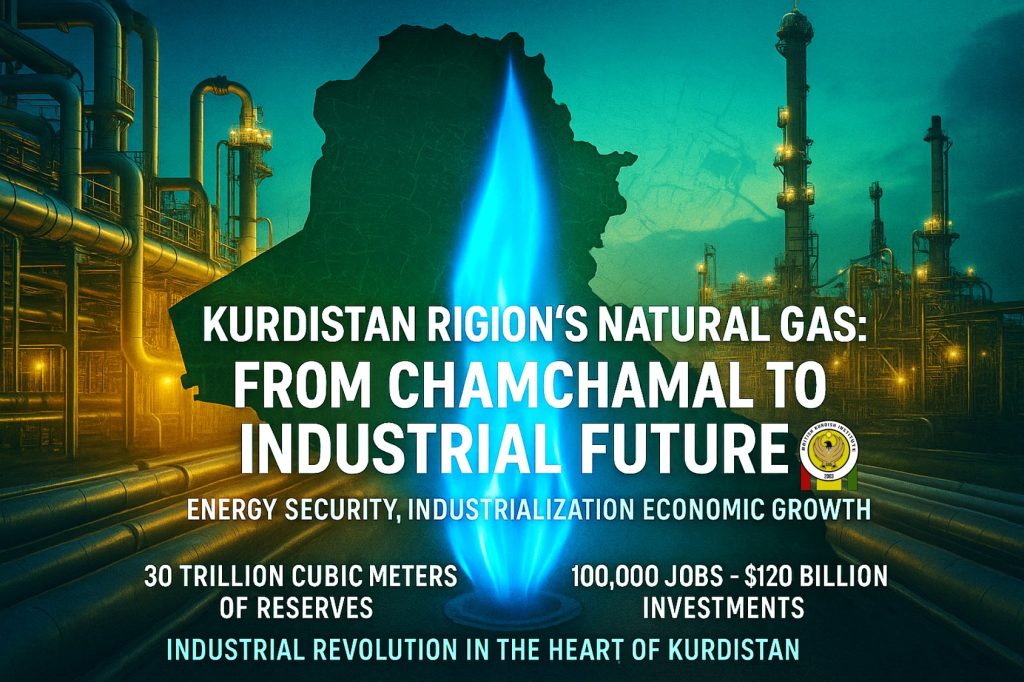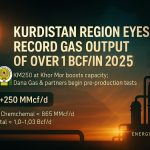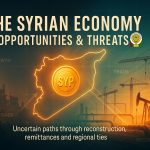Introduction
The Kurdistan Region of Iraq holds nearly 30 trillion cubic meters of natural gas reserves, spread across about 10 fields, primarily in the Chamchamal district. This abundant resource gives the region a rare opportunity to transform its economy, secure energy independence, and build long-term infrastructure.
By strategically investing in gas production and converting it into high-value chemicals, Kurdistan could create more than 100,000 jobs and attract over $120 billion in investment. Beyond economics, the development of a natural gas industry would strengthen energy security, improve living standards, and accelerate industrialization across the region.
The Role of Dana Gas and Crescent Petroleum
The Kormor gas field in Chamchamal, first discovered in 1928, became a major focus after the fall of Saddam Hussein’s regime. In 2005, Dana Gas, a UAE-based company under the same ownership as Crescent Petroleum and Pearl Petroleum, signed a contract with the Kurdistan Regional Government (KRG) to develop the field.
By 2025, the Kormor Project is expected to deliver 525 million cubic feet of gas per day, supplying four power plants that generate nearly 2,800 megawatts of electricity—about 75% of the region’s power needs.
However, despite this progress, several challenges remain:
-
Energy stability – Industrial sectors need uninterrupted energy supply, yet disruptions from conflicts, political tensions, or infrastructure weakness risk halting production.
-
Legal disputes – In 2013, Dana Gas sued the KRG over unpaid contracts, leading to a $1.96 billion arbitration ruling against Kurdistan. Such conflicts highlight the vulnerability of relying heavily on foreign companies.
-
Dual negotiations – While contracted with the KRG, Dana Gas continues to negotiate with Baghdad, Diyala, and Basra, undermining the region’s leverage.
-
CSR failures – Despite earning hundreds of millions in profits, Dana Gas and partners have done little to support local communities. Even repeated militia drone attacks on the Kormor field have not prompted sufficient investment in air defense or local development.
-
Governance issues – Without transparent, institutional management of revenues, the benefits of natural gas are concentrated among elites rather than shared with society.
KPM and the Industrial Revolution in Kurdistan
A new opportunity lies ahead. KPM, supported by JP Morgan and its partner Gross, has proposed a $122 billion industrial investment in Chamchamal. This ambitious project could reshape the entire region:
-
Agriculture revival – Gas will be used to produce fertilizers and chemicals such as ammonia, phosphate, and urea, boosting food security across Iraq and Kurdistan while enabling exports.
-
Job creation – Five new industrial zones are expected to generate over 105,000 well-paying jobs.
-
Charitable commitment – KPM has pledged $6 billion toward regional development projects, including water solutions for Chamchamal, which has suffered shortages for two decades.
-
Global competitiveness – Industrialization would diversify Kurdistan’s energy sector, increase resilience against global market shocks, and strengthen the region’s role in energy diplomacy.
If Kurdistan fails to sign this agreement, Iraq’s central government—or another regional actor—may seize the opportunity instead.
The Strategic Importance of Industrialization
Industrialization has historically marked the rise of global powers. As political scientist A.F.K. Organski explained in his Power Transition Theory, national strength depends on three pillars: industry, population, and effective governance. Without industry, a nation—or a stateless region like Kurdistan—remains dependent on others.
Examples from history prove this point:
-
India and China, once weakened by colonial exploitation, rose to global prominence through industrial transformation.
-
Japan, devastated after World War II, became a developed powerhouse by prioritizing manufacturing and state-backed industry.
For Kurdistan, building a self-sufficient industrial base is not just about economics—it is about survival, sovereignty, and long-term stability.
Conclusion
The Kurdistan Region stands at a crossroads. By relying solely on foreign companies, short-term contracts, and resource exports, it risks repeating cycles of dependency and disputes. But by embracing industrialization through projects like KPM’s $122 billion initiative, Kurdistan can:
-
Secure its energy independence,
-
Strengthen its infrastructure,
-
Diversify its economy, and
-
Elevate its role in the global energy market.
Just as Japan and other nations transformed themselves through industry, Kurdistan has the chance to redefine its future. The time to act is now—before opportunities slip into the hands of others.









